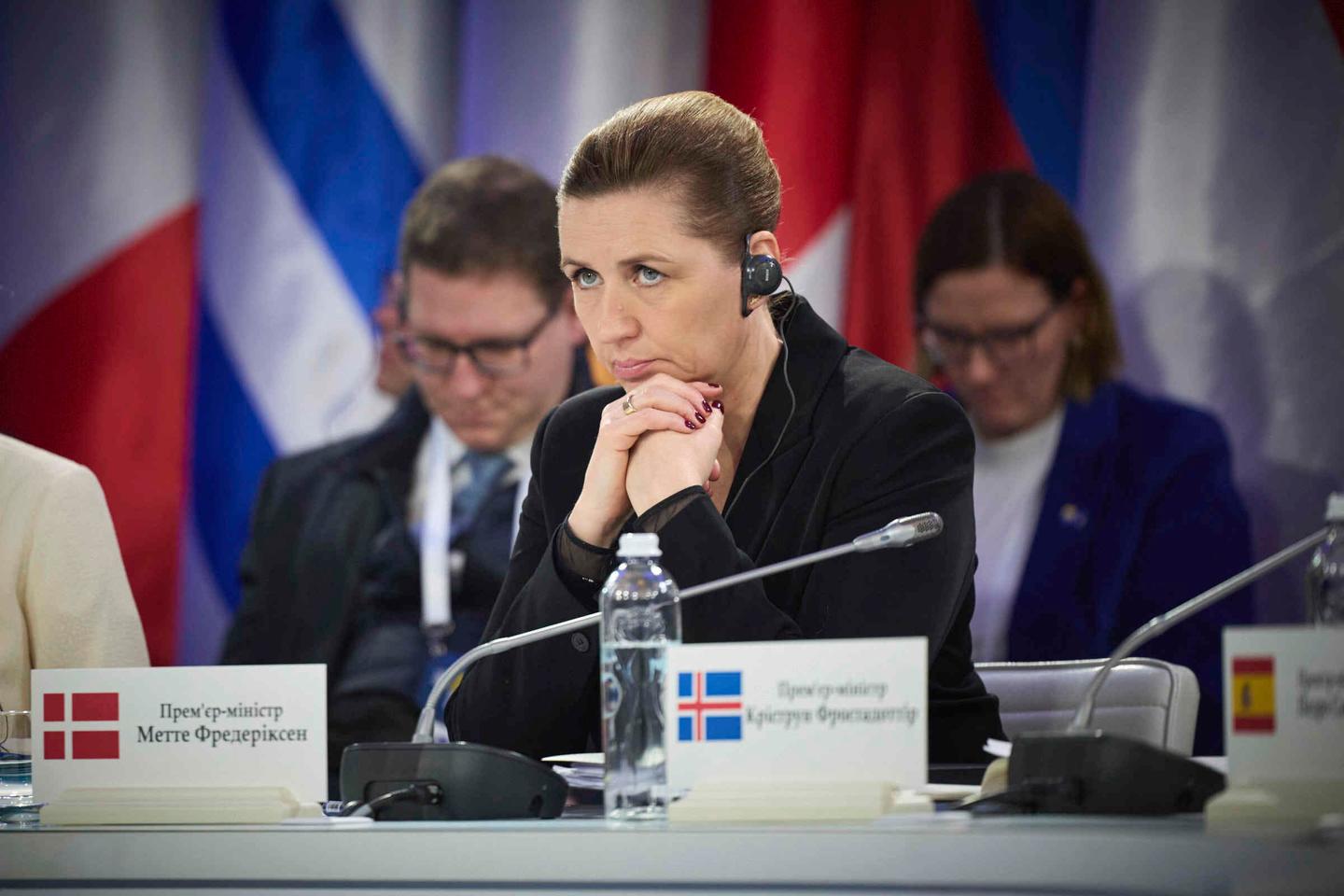


How telling are the images of Danish Prime Minister Mette Frederiksen meeting her Nordic colleagues for dinner on January 26, then visiting Berlin, Paris and Brussels two days later, before heading to London on February 4! Faced with a US ally that no longer rules out using military or economic force to seize Greenland, an autonomous Danish territory, and considers the Scandinavian kingdom "a bad ally," Denmark "is not alone," the Social Democrat leader wrote on Facebook. "We have several close allies with whom we share values. And we belong to a continent that we are well on our way to making even stronger (...) militarily, economically and technologically."
The change is striking. In power since 2019 and considered at the time to be the "most eurosceptic prime minister in the country's history," Frederiksen has been relentless in her criticism of an "overspending" European Union (EU). In Brussels, she joined her Austrian, Dutch and Swedish counterparts in the "frugal" group, apostles of budgetary orthodoxy who had opposed debt sharing as part of the 2020 European recovery plan, designed to counteract the impact of government restrictions to combat Covid-19.
Denmark's participation in the European Security and Defense Policy was previously out of the question. Firstly, for technical reasons: before the Maastricht Treaty came into force in 1993, Copenhagen had obtained a series of exemptions concerning the single currency, European citizenship, justice and European security and defense policy. "Calling these opt-outs into question was unthinkable in the context of the time," pointed out Kristian Soby Kristensen, Director of the Institute for Strategy and War Studies at the Royal Danish Defense College.
'Shattered taboos'
In any case, Danish ambitions were very limited. Since the Second World War, the Nordic country, a founding member of NATO, had made its participation in the transatlantic alliance and its relationship with the US the foundation of its security policy. Nothing could call this principle into question. "I feared that it would not be possible to create a stronger European dimension (...) without causing problems in relation to NATO. That's why I was skeptical about deep integration in this area," admitted Frederiksen in an interview with Politiken newspaper on June 3, 2024, admitting that she had evolved since then.
You have 53.54% of this article left to read. The rest is for subscribers only.
